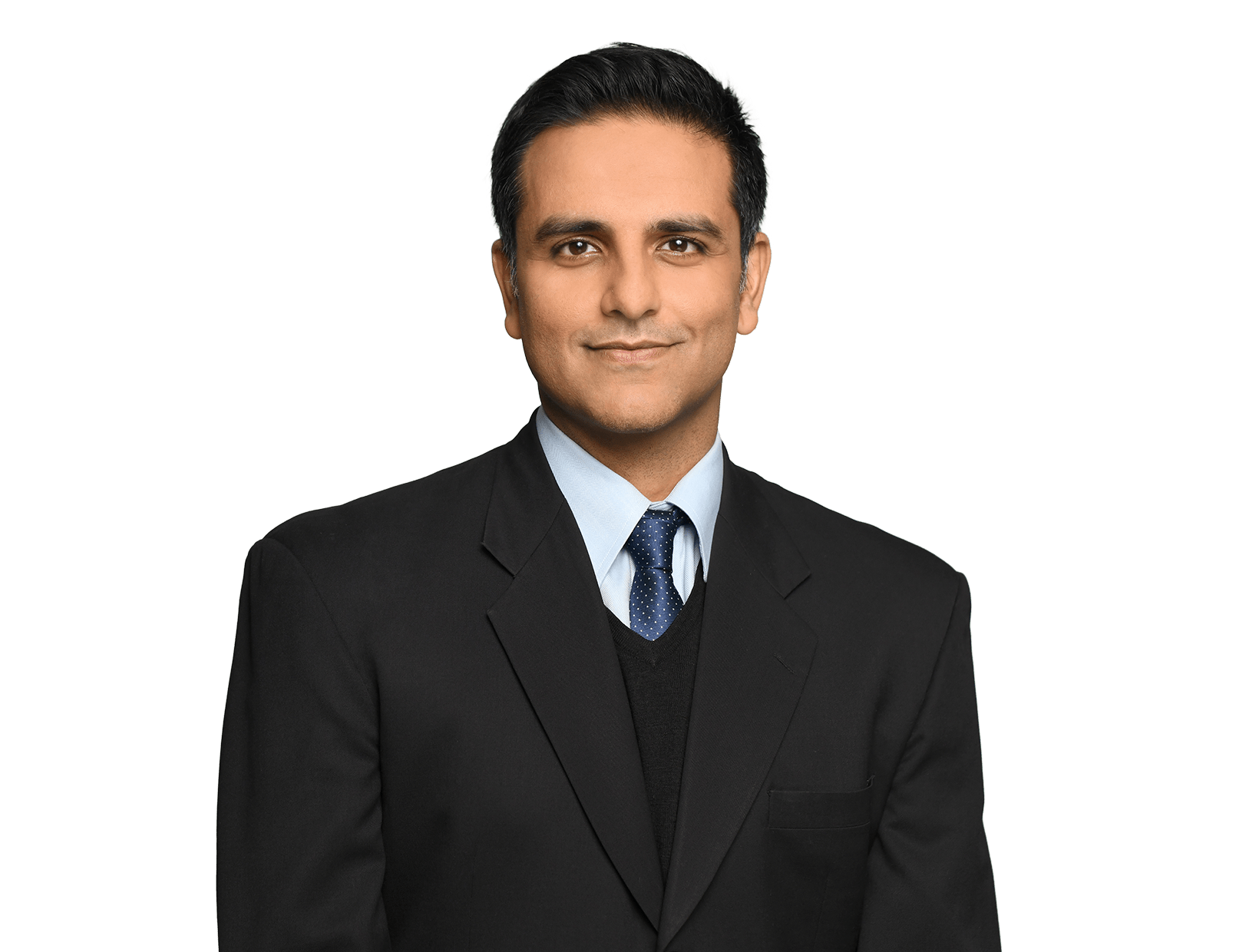Blog
John Squires Faces the Senate Judiciary Committee
Fish & Richardson
Authors
-
- Name
- Person title
- Principal

-
- Name
- Person title
- Principal

-
- Name
- Person title
- Principal

John Squires, President Trump’s nominee for Director of the United States Patent and Trademark Office (USPTO) testified before the Senate Judiciary Committee on May 21, his first hearing since being nominated. Squires’ portions of the hearing were mostly cordial, with questions primarily focused on pending legislative patent reform efforts. If you missed the hearing, we provide a summary below. For more information about Squires’ background, please see “Trump Nominates John Squires as USPTO Director: Here’s What to Watch.”
In his opening statement, Squires walked the committee through his background in intellectual property, beginning with his work at IBM and later moving into emerging markets like FinTech, artificial intelligence (AI), cryptocurrency, and quantum computing. He characterized himself as a defender of national security, enforcer of good faith and fair dealing, and proponent of free market solutions, emphasizing his work using patents to support the global war on terrorist financing post-9/11. The three biggest issues he identified as facing the USPTO are pendency, patent quality, and uncertainty. While he acknowledged that AI could “easily overwhelm the system,” he believes that, if harnessed correctly, AI tools could help the USPTO examiner corps issue patents of provable quality at faster rates.
Senator and Chair Chuck Grassley (R-IA) asked the first question, which concerned the practice of financial institutions engaging in third-party litigation funding. While in private practice, Squires helped create the IP funding arm of Fortress Investment Group, and Senator Grassley asked whether Squires has had any professional or financial involvement with the group since its creation and whether he has supported or represented other IP litigation funders. Squires responded that he has not represented Fortress since 2016-2017 and has not been involved with any other IP litigation funding organizations. His work at Fortress was related to creating “patent mortgages” wherein companies could monetize their patents without selling, licensing, or suing. Squires explained that these patent mortgages helped several companies stave off bankruptcy and survive the COVID-19 pandemic.
Senator and Ranking Member Dick Durbin (D-IL) asked perhaps the most pointed questions, including whether Squires believes that an executive official can lawfully defy a court order. Squires responded by explaining the unique judicial structure of patent law wherein many patent cases begin ex parte at the USPTO and bypass regional circuit courts to be heard by the Court of Appeals for the Federal Circuit before being heard by the Supreme Court. In Squires’ opinion, the Trump executive branch will follow Supreme Court orders. While Senator Durbin is a co-sponsor of several pending patent reform bills, he did not question Squires on them.
Senator Thom Tillis (R-NC) was primarily concerned with Squires’ opinion of two patent reform bills he co-sponsors, namely the Patent Eligibility Restoration Act (PERA) and the Promoting and Respecting Economically Vital American Innovation Leadership (PREVAIL) Act. Squires confirmed that he supports the aims of both bills, particularly PERA. He stated that the Chinese patent system has more expansive subject matter eligibility than the U.S. and that he believes our current patent eligibility framework is costing the U.S. in competitiveness. Asked by Senator Tillis what he thinks will happen if these bills do not move forward and IP flows elsewhere, Squires responded that the U.S. has tools in its system to avoid those issues and that these bills address them.
Senator Chris Coons (D-DE), also a co-sponsor of PERA and the PREVAIL Act, similarly focused on patent reform as a tool to boost the U.S.’s competitiveness. Asked whether the Patent Trial and Appeal Board needs reform and whether the PREVAIL Act would help, Squires answered in the affirmative to both questions. Senator Coons is also a co-sponsor of the RESTORE Patent Rights Act and asked Squires why injunctive relief is important for inventors and small businesses. Squires explained that injunctions are important because patents are property rights, and property rights enforcement typically involves evicting trespassers. Asked about the impact of the Supreme Court’s § 101 jurisprudence, Squires replied that it has created significant uncertainty throughout the system, explaining that, even if a patent application makes it through the USPTO, § 101 issues are still frequent vehicles for litigation outside the merits of infringement.
Takeaways
It’s clear from his testimony thus far that Squires is an advocate of patent reform and likely will support current legislative efforts toward it. Given the tone of the Judiciary Committee hearing, the committee likely will give him a favorable recommendation. His full Senate hearing is also likely to focus on similar themes as his committee hearing — patent reform and U.S. competitiveness in the global market.
The opinions expressed are those of the authors on the date noted above and do not necessarily reflect the views of Fish & Richardson P.C., any other of its lawyers, its clients, or any of its or their respective affiliates. This post is for general information purposes only and is not intended to be and should not be taken as legal advice. No attorney-client relationship is formed.